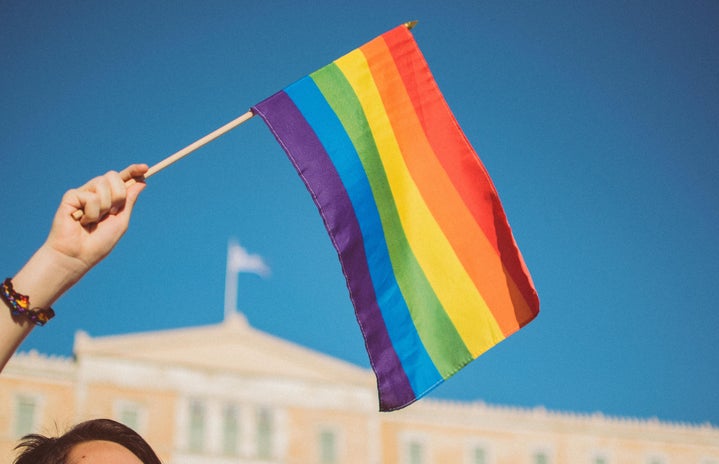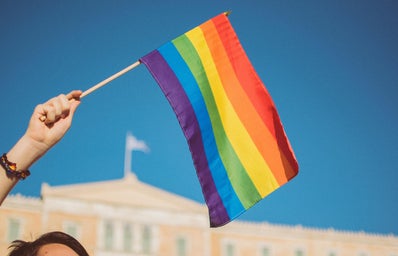“Why do pronouns have to depict someone’s gender identity? Why can’t they depict birth sex?” A freshman at UW-Madison asked me recently. It was an astonishing question; but it made me realize how differently others view pronouns. Before this, I had assumed that people were starting to accept and understand the correct use of pronouns.
As a cisgender (gender corresponding to birth sex) woman from a predominantly cisgender town, I didn’t use to think too much about pronouns; they were always on the back burner of my mind. My town didn’t have many openly LGBTQ+ individuals, so people in my town assumed that I am a “she/her”. It wasn’t a big deal for me because those pronouns indeed describe me; but others have told me that the same assumptions often play a larger role in their daily lives.
Individuals determine their own pronouns for themselves the way they do with gender. It’s up to individuals to decide how they want society to address them and what others should call them. Albeit, the use of the binary labels “she/her” and “he/him” is normalized into our everyday life; for centuries, people have seen the binary as a reflection of the irreconcilable dichotomy between the sexes. Society subjected openly LGBTQ+ individuals harsh persecution in the 60s. As a result, those who knew they were different or did not want to be called by their birth pronouns, stayed quiet.

Asking and correctly using someone’s pronouns is a vital part to respecting an individual’s gender identity. Mistaking someone’s pronouns, which speaks to their gender identity, is the larger issue at hand. Cisgender individuals have the privilege not to worry about people misusing their pronouns. Taking that privilege for granted and failing to respect someone else’s gender identity is not only disrespectful and hurtful, but also oppressive. When individuals are referred to with the wrong pronoun, they can feel disrespected, invalidated and alienated.
At events such as SOAR, UW-Madison’s incoming student orientation program, advisor name tags include gender pronouns. Advisors’ gender identity are not assumed, but rather ascribed to by themselves. In gender and women’s studies classes, teacher assistants’ pronouns are stated on the syllabus. Teaching assistants, too, also encourage students to state their pronouns upon introducing themselves to their classmates.



